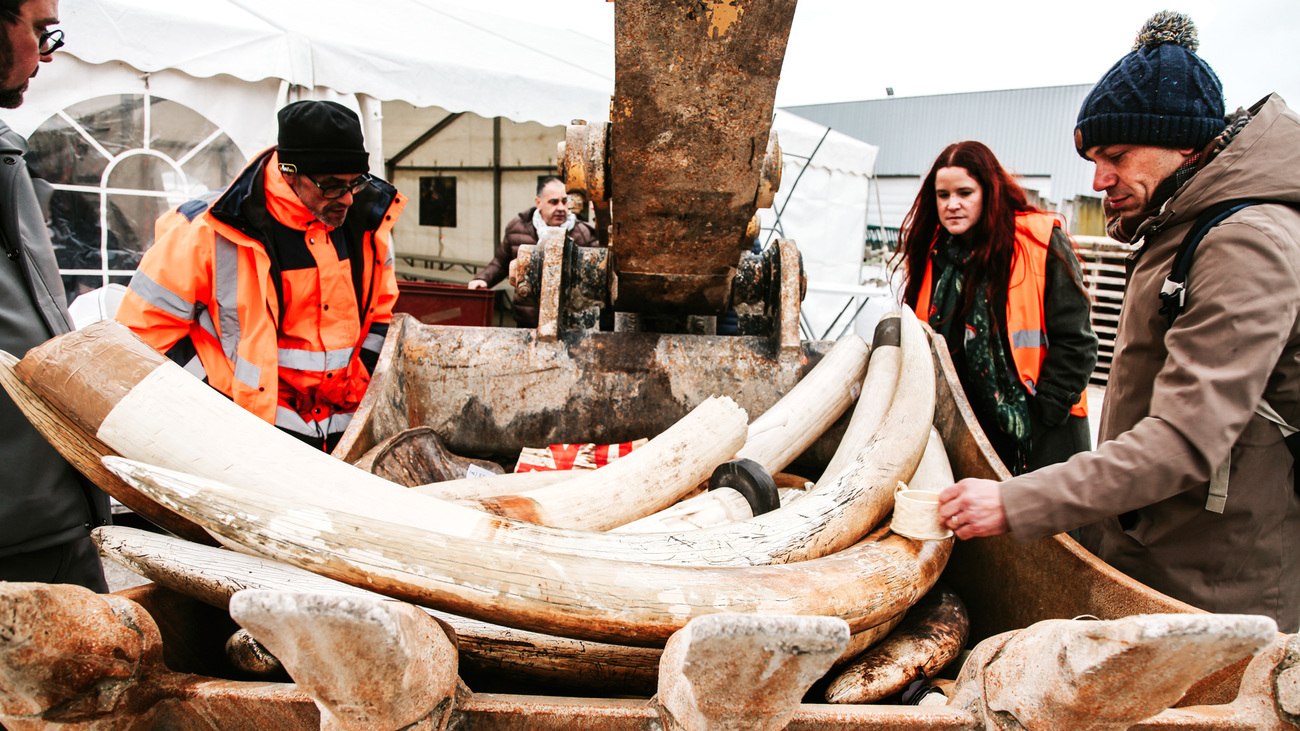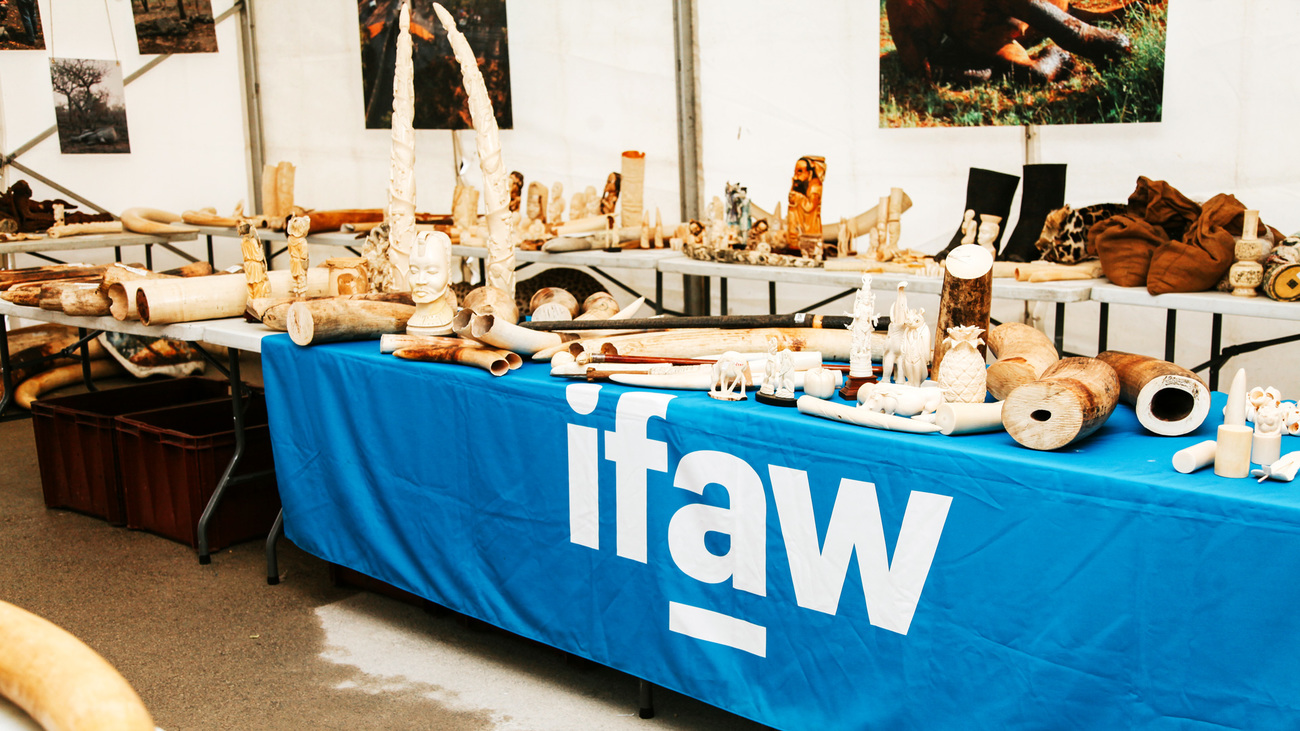Fighting wildlife crime in the courtroom
Fighting wildlife crime in the courtroom
IFAW works to combat wildlife crime in a number of ways—from taking down illegal online listings of animals, to stopping poachers in their tracks, to supporting the seizure of trafficked animals from smugglers’ hands. But another important part of the fight against wildlife crime happens in the courthouse, where lawyers prosecute those who are caught taking animals from the wild and selling them into captivity.

Bringing justice against wildlife trafficking
The EU is a popular destination and transit hub for trafficked wildlife. As consumers in Europe seek out wild animals as exotic pets, smugglers taking animals from Africa, Asia, Latin America, and beyond work to meet demand. That’s why IFAW decided to collaborate with Association pour la Protection des Animaux Sauvages (ASPAS) in France.
ASPAS is an organisation which, among many missions, protects wildlife often in court by serving as a civil party in proceedings for cases where wildlife protection laws have been broken. This includes when defendants are accused of illegally keeping or trading specimens of protected wildlife—breaking the highest levels of EU regulations, which implement the provisions of CITES.
Laws like this have been passed as a result of populations collapsing and animals becoming endangered, or worse, going extinct, largely due to overexploitation.
This work focuses on strengthening our partner’s capacity as a civil party to support the successful prosecution of wildlife offences. Ensuring these types of cases go to court is crucial to increase prosecution rates and the severity of fines offenders must pay. It motivates frontline enforcers in France to follow up on wildlife-related arrests.
No one is above the law—wildlife criminals included. In many cases, it’s necessary to prove the legal origin of animals you possess, otherwise, you could be prosecuted for a criminal offence. But these laws don’t always receive the support they need to be enforced. That’s where civil parties like ASPAS play an important role.
In fact, NGOs participating in court cases is vital to following up on environmental crime cases, as mentioned in the revised EU Environmental Crime Directive.

Prosecuting a wildlife law offender
One case ASPAS is currently involved in as a civil party to ensure a successful prosecution pertains to a case initially launched into irregularities at a hunting estate in the Marne region. Following investigations, authorities discovered products derived from multiple protected species—two elephant feet, two elephant tusks, three leopard claws, and several stuffed birds of prey.
While the defendant attempted to justify his possession of these animal parts, he couldn’t provide proof of their legal origin—which, given that they are all protected species, is mandatory. As he was the manager of a hunting estate for 35 years and a seasoned trophy hunter abroad, it is difficult to believe he was unaware of the legal obligations for importing or possessing these species.
In July 2024, he was found guilty of possession without an import licence and fined €8,000, €4,000 of which was suspended. But both the defendant and the public prosecutor’s office appealed this decision, and the court of appeal is due to give a verdict this month.
The French court needs to uphold the law and show that wildlife law offenders cannot get away with illegal possession of protected species. If the verdict is overturned, this will be a serious blow to justice and will demonstrate how jurisdictions need to do better to ensure that wildlife trafficking cases are not taken lightly.
Raising awareness
It’s not just about prosecuting offenders —when we support ASPAS in fighting wildlife crime in the courtroom, we also help raise public awareness about the severity of poaching, trafficking, and the ownership of illegal exotic pets.
The presence and advocacy of civil party representatives like ASPAS are key to awareness raising. Many people might not even be aware that such laws against wildlife smuggling and exotic pet ownership exist. Successfully prosecuting these cases puts them in the public eye, earns media attention, and dissuades people from participating in wildlife crime.
Illegal possession of wildlife isn’t only a threat to the lives and welfare of individual animals. It’s decimating wild populations and deteriorating ecosystems around the world. This is why IFAW is dedicated to ending wildlife trafficking and supporting the prosecution of these crimes.
Related content
Our work can’t get done without you. Please give what you can to help animals thrive.